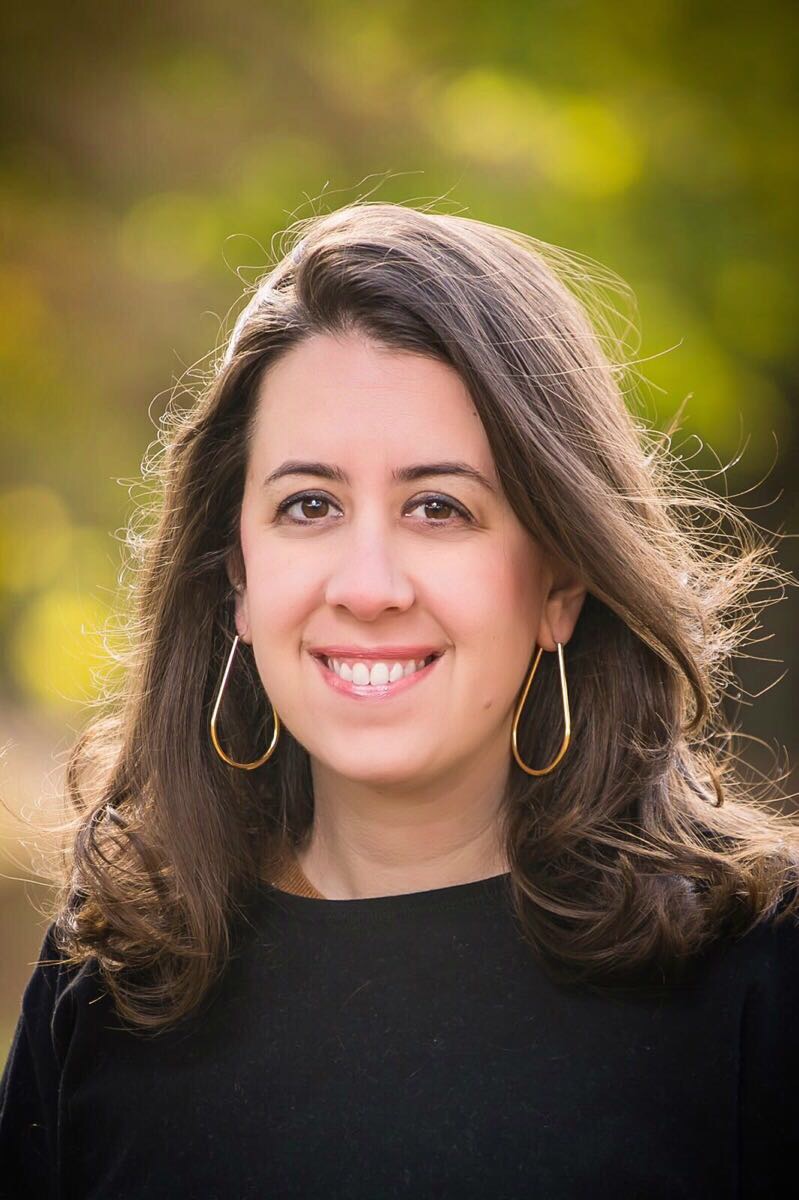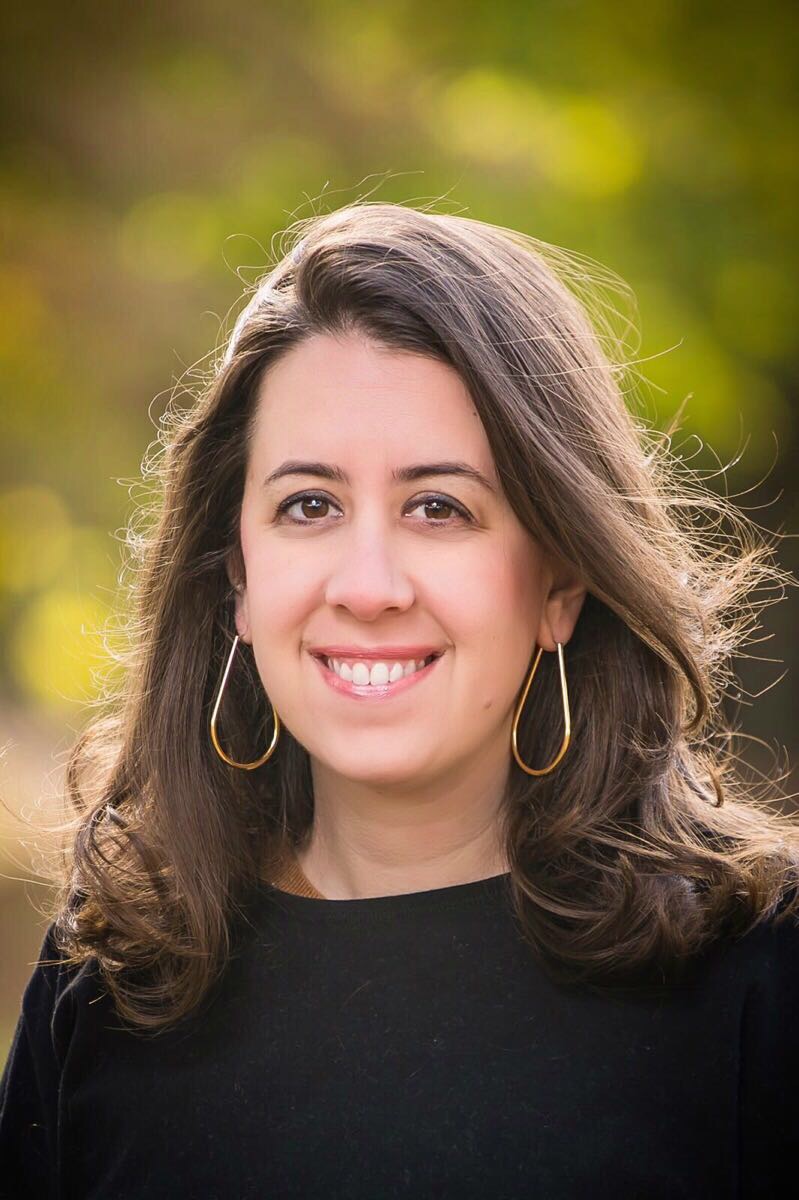There are moments in all our lives that we hope we will never forget: moments associated with a family simcha, great experience at camp, or even a meal with friends. Then there are times we hope we can forget and move on from, but they are imprinted in our hearts so strongly that the slightest occurrence can bring us back to that time. Generally, these are the memories associated with something really difficult that occurred in our lives.
For me, it’s the Chanukah season. My husband, David Yamnik, was diagnosed with T-cell acute lymphoblastic leukemia on the seventh night of Chanukah, which was Saturday night and New Year’s Eve that year, and he had his first bone marrow transplant on Erev Chanukah almost a year later. For the first 48 hours after his shocking diagnosis, I walked around with a pale yellow post-it note given to me by the hematologist at the local hospital with one thing written down: “T-ALL.” I can remember what I wore, who was at my side and exact conversations. At the ripe age of 23, to me cancer was just cancer. I really had no knowledge of liquid tumors, experimental protocols and pathology reports. So each year on these few weeks leading up to Chanukah, I relive the moments when my life changed forever.
The day of my husband’s diagnosis is harder for me than his actual yahrzeit. Just a week prior to the diagnosis, I had gone back to work after maternity leave and was really excited to pursue my career. There seemed to be a path on which my life was headed, with my smushy baby, in my new house, with my wonderful husband at my side to support any and all of my dreams. Then it all came to an abrupt halt, and over the next few days and weeks as we had to adjust to a new life that involved long hospital stays and medical staff.
We were the lucky few at NYP-Columbia to have so many visitors at all hours of the day and night. We had so many friends, rabbanim and other special guests who came to see us at the hospital and then at home. Each one attempted to give us the chizuk we craved and had such a hard time finding. I used to (and still do) get a lot of “Hakadosh Baruch Hu only gives nisyonot to people He really knows can handle them.” Now I simply respond that I wouldn’t mind if Hakadosh Baruch Hu thought a little less of me and made my life a shminsy bit easier.
Now that we live in an oversharing world due to the growth of social media, I constantly wonder how David and I would have managed the sharing of the illness within this world. For starters, I imagine his diagnosis would have been public knowledge within hours. Would I have started blogging? Would there have been a designated hashtag? Am I answering these questions as my 23-year-old self or my 35-year-old self? In all honesty, I can’t answer that because I have no idea. In a certain sense, I have chosen to write publicly about my personal feelings and life experiences at this point in my life—which is over ten years since David passed away. While I’m not sharing my thoughts on a daily or even weekly basis, these words will be kept for eternity, thanks to the internet. My perspective is clearly different than it was that night of Chanukah, but there are certainly times when the pain experienced on that night comes back: perhaps not as glaring, but intense all the same, just manifesting itself differently. Now the pain is watching my daughter negotiate the tricky reality as the only girl in her class without any siblings and who lost a parent she never even knew. And even though it’s been so many years of being alone as a guest at a Shabbat table, week after week, it still hurts.
For anyone who has experienced trauma—from not getting into a college of your choice to an illness of a loved one—whatever the ultimate outcome may be, you are now a changed person. It’s these challenges that really shape our character. All of our life experiences should impact how we continue to relate to others around us, our own self-awareness and, of course, how we relate to God. Yet there are going to be days that putting one foot in front of another with our game face on can be so draining that there are no words to accurately describe them. It’s the extras from super-generous friends with trips to Israel and luxurious winter coats upon which our survival is almost dependent.
At a recent shiur on Chanukah, the rav explained that while on all holidays we are remembering a nes, on Chanukah we remember that nes and how it continues to impact our lives even today, so many years later. While Chanukah can be so painful for me, I have also seen many nisim in my day-to-day life within my own family. The underlying nes is that Hashem has bentched me with a support system like no other and has been at my side every minute since that Chanukah just about 12 years ago, and that’s what I reaffirm each year. May we all continue to be blessed with Hashem’s outstanding nisim each day, to give us the joy and strength to power through any challenges He believes we can handle.
By Rachel Zamist
Rachel Zamist has lived in the Passaic community for the past 32 years and has watched it grow and transition. She is the beaming mother of Mimi, a seventh-grade student at Rachel’s own alma mater, YBH.











